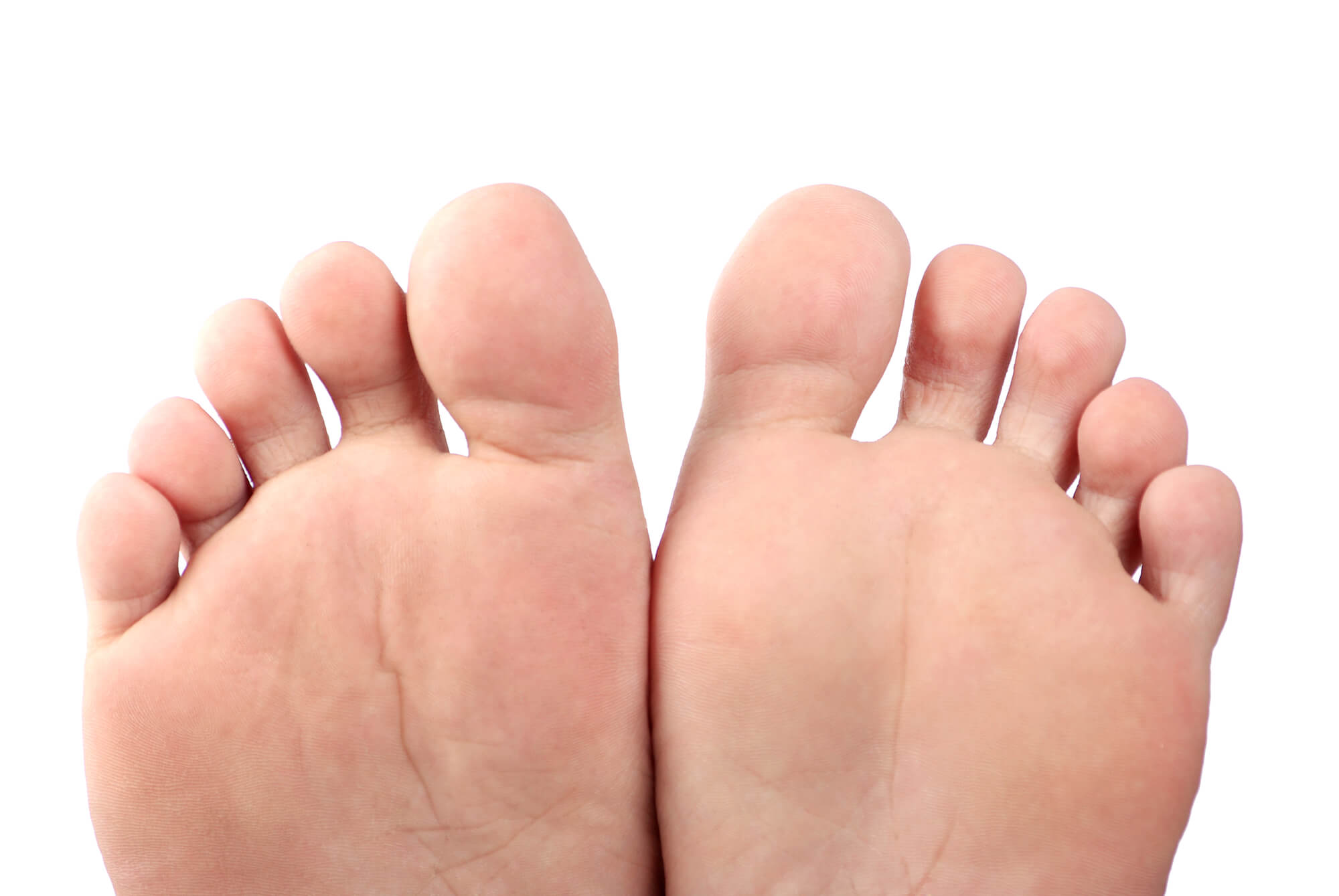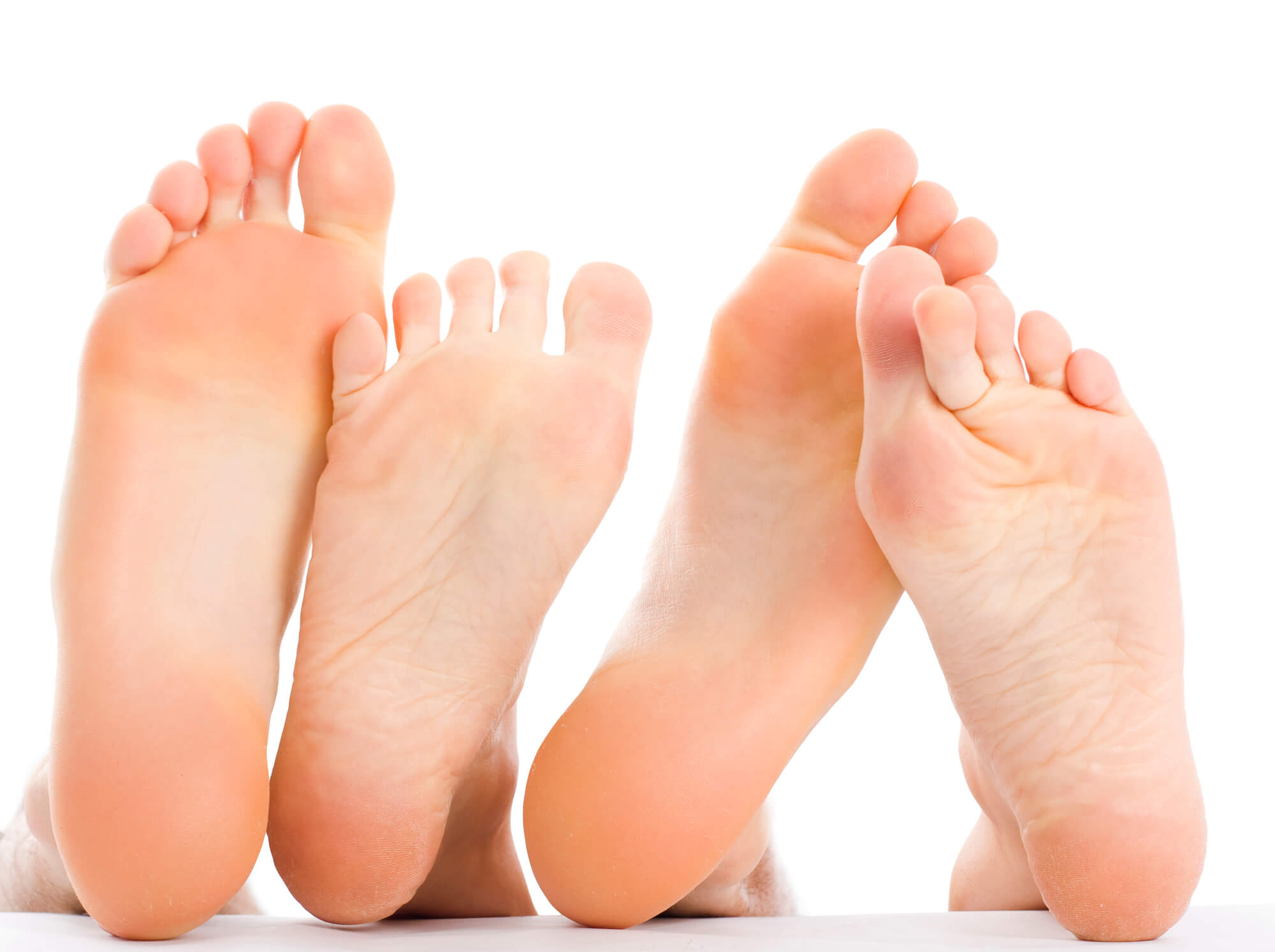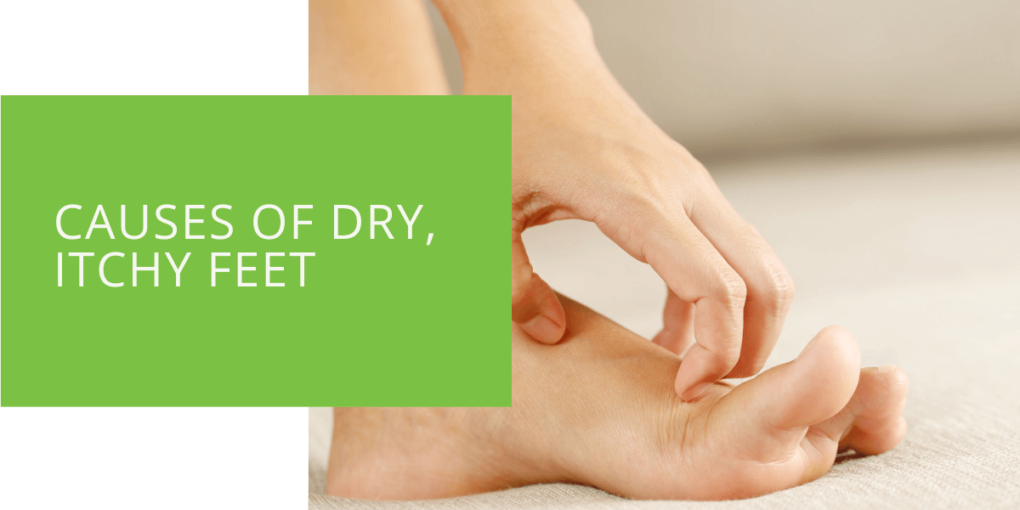Understanding the Causes of Dry, Itchy Feet
Dry, itchy feet are a common problem that affects many people. It can be caused by various factors, from lack of moisture to medical conditions. Itchiness can accompany dry, scaly skin, blisters, and fungal infections. This article will explore the most common causes of itchy feet and provide solutions for preventing and treating this uncomfortable condition.
Common Causes
- Lack of Moisture: One of the most common causes of itchy feet is dry skin. When the skin on your feet is dry, it can become itchy and irritated. This can be caused by various factors, such as not moisturizing your feet enough, taking long hot showers, or living in a dry climate.
- Excessive Sweating: Another common cause of itchy feet is excessive sweating. When your feet sweat, the moisture can cause the skin to become itchy and irritated. This can be made worse by wearing shoes that do not allow your feet to breathe, causing the sweat to become trapped and leading to fungal infections.
- Allergic Reactions: An allergic reaction can also cause itchy feet. This can be caused by an allergic reaction to a specific allergen, such as a bug bite, or a reaction to a cream or lotion that you have applied to your feet.
- Medical Conditions: Itchy feet can also be a symptom of certain medical conditions, such as eczema, psoriasis, and atopic dermatitis. Some medical conditions, such as kidney disease or contact dermatitis, can also cause itching. Fungal infections such as athlete's foot (tinea pedis) and candidiasis can also cause itchy feet.

Prevention and Treatment
- Moisturizing: One of the most effective ways to prevent and treat dry, itchy feet is by moisturizing your skin. Use a lotion or cream that is specifically formulated for your feet. This will help to hydrate your skin and keep it from becoming dry and itchy.
- Wearing Breathable Shoes: Another important step in preventing itchy feet is to wear shoes that allow your feet to breathe. Avoid shoes made of synthetic materials, and opt for shoes made of natural materials such as leather or canvas.
- Avoiding Allergens: If you have an allergic reaction causing your itchy feet, it is important to avoid the allergen causing the reaction. If unsure what the allergen is, you may need to consult a doctor or podiatrist to determine the cause.
- Consulting a Doctor: If a medical condition causes your itchy feet, it is important to consult with a doctor or podiatrist. They can provide specific treatment options, including topical creams, antihistamines, and antifungal medications.

Conclusion
Various factors, including lack of moisture, excessive sweating, allergic reactions, and medical conditions, can cause dry, itchy feet. To prevent and treat itchy feet, it is important to moisturize the skin, wear breathable shoes, avoid allergens, and consult a doctor or podiatrist if necessary. It is also important to maintain good hygiene, regularly clean the soles of the feet to prevent fungal infections, and manage any underlying medical conditions that may be causing or worsening the itchiness. Following these steps can keep your feet healthy, comfortable, and itch-free.
FAQ
What causes extremely dry, itchy feet?
Extremely dry, various factors, including lack of moisture, excessive sweating, allergic reactions, and medical conditions such as eczema, psoriasis, and atopic dermatitis, can cause itchy feet. It can also be caused by fungal infections such as athlete's foot or candidiasis.
How do you get rid of dry, itchy feet?
To get rid of dry, itchy feet, it is important to moisturize the skin, wear breathable shoes, avoid allergens, and consult a doctor or podiatrist if necessary. Home remedies such as soaking your feet in warm water with Epsom salt or using over-the-counter creams or sprays can also provide temporary relief. Additionally, it's important to maintain good hygiene and regularly clean the soles of the feet to prevent fungal infections.
When should I be concerned about itchy feet?
If your itchy feet are persistent or accompanied by other symptoms such as redness, blistering, or fungal infections, it is important to consult a doctor or podiatrist to determine the cause and appropriate treatment plan. It is also important to be concerned if you have an underlying medical condition that may be causing or worsening the itchiness. If the itchiness is severe or accompanied by other symptoms, it's best to consult with a doctor or podiatrist immediately.

